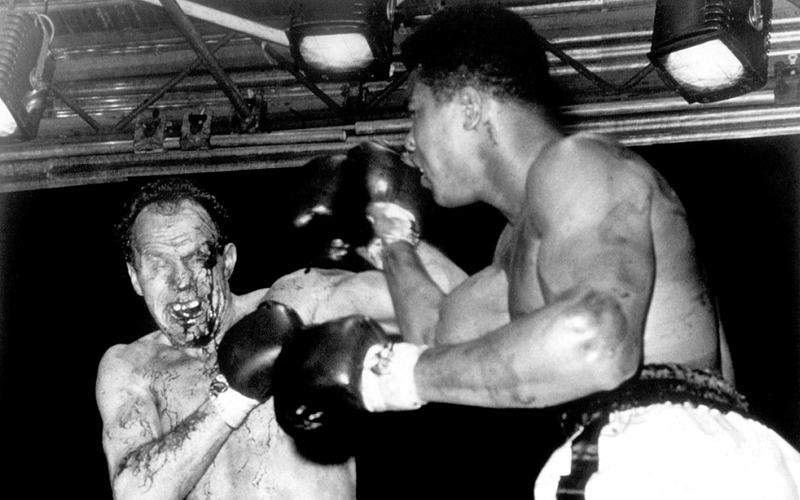British Boxing Greats in the IBHOF
If you follow the British boxing bouts of today, then you may know about some of the British greats in the International Boxing Hall Of Fame.
Likeable Londoner Henry Cooper made history during his infamous bouts with ‘The Greatest’ Muhammad Ali, despite losing both matchups in the 60s.
Lennox Lewis was a well-known Unified Heavyweight World Champion, while ‘The Destroyer’ Nigel Benn held world championship titles in two different divisions.
Carl ‘The Cobra’ Froch was the lucky number 7 of British fighters to be inducted into the International Boxing Hall Of Fame very recently.
Log on to Swiss casino Davos when you want a quick break from catching up on the history of British fighters inducted into the International Boxing Hall of Fame history.
Henry Cooper
‘Enery’s ‘Ammer was Cooper’s go-to left hook signature punch.
During the 1952 Olympic Games, Cooper represented the Amateur Boxing Association for Britain in the light-heavyweight division. Even though he lost the bout against Petrov, he paved the way to continued success in the British boxing game.
Henry Cooper is best known for two dynamic bouts against Muhammad Ali in the 1960s. Their first bout in 1963, when Muhammad Ali was still known by his birth name, Cassius Clay, Cooper knocked Clay to the ground to the point fans thought the bout would end in Cooper’s favour, causing one of the greatest ever upsets in boxing history.
However, Clay rebounded and took the victory when the fight stopped because Cooper bled profusely from his left eye.
Another career highlight was when Cooper went on to win the British and Commonwealth heavyweight titles in 1966. Despite losing against Muhammad Ali during the world boxing championship in the same year, winning these other titles was still dynamic for his career.
Lennox Lewis
Before becoming a professional in British boxing, Lennox Lewis became an Olympic gold medalist in the super heavyweight division during the Seoul Olympics in 1988.
A year later, he turned professional and went on to become an Undisputed Heavyweight Champion. Lewis dominated the sport by earning and retaining the IBF, WBA, and WBC titles.
During the year 2000, Lewis had to defeat David Tua, Franz Botha, and Michael Grant to maintain his WBC and IBF heavyweight titles.
In the spring of 2001, Hasim Rahman knocked out Lennox Lewis in the fifth round, which made him lose his WBA title until he took it back from Rahman when knocking him out in the fourth round in a November 2001 rematch.
Nigel Benn
Nigel Benn was at the height of his career from 1987 to 1996, respected for his bad intentions in the ring, which is why he was known as ‘The Destroyer’.
He was best known for holding world championship titles in two different divisions. These included the WBO middleweight title that he earned in 1990 and then the WBC super-middleweight title two years later in 1992. He maintained the latter title until 1996.
Before he secured these titles, Benn earned a regional Commonwealth middleweight title between 1988 to 1989. Because of his career highlights, Benn is now known as one the greatest Super Middleweights in boxing history.
Carl Froch
Carl Froch was the seventh British boxer to be inducted into the International Boxing Hall of Fame and is one of the more modern fighters of the 2000s being at the height of his career from 2002 to 2014. His overall career resulted in 33 wins from 35 fights, with 25 coming by way of knockout.
Former British boxer, Robert McCracken, was Carl Froch’s trainer through the height of Froch’s career. He was known as “The Cobra” when he stepped into the ring because of his attack style almost like that of a snake with a debilitating attack before making a final strike.

